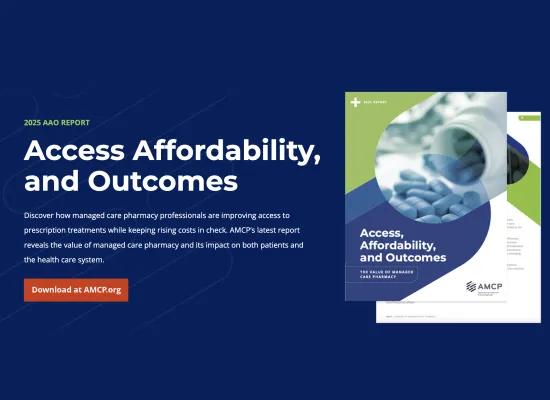
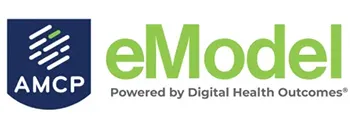
AMCP eModel is the ultimate tool for communication of health economic models and value evidence. Find out more about the new ePoster offering through this tech partnership and platform to support the exchange of clinical and economic information between pharmaceutical companies and payers.

AMCP partners with FormularyDecisions to enhance information sharing and formulary decision-making by creating a platform for current, credible, and compliant information exchange between life science companies and active, qualified healthcare decision-makers.
Featured

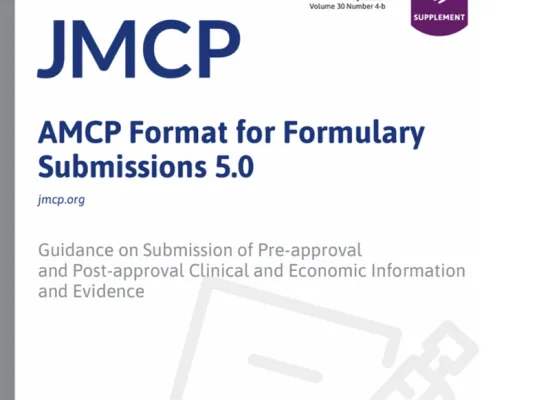


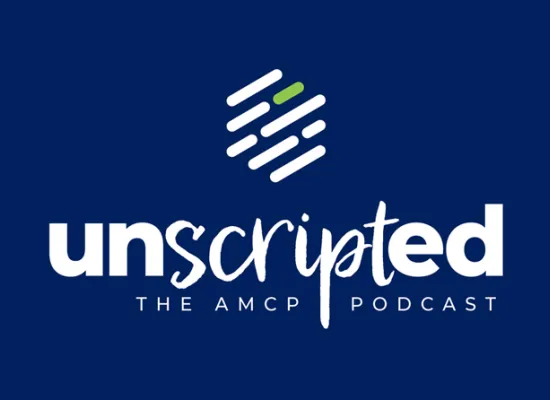

-
Health Information Technology Resources
-
Digital Therapeutics Resources
-
Health Disparities Resources
-
Value-Based Contracts Resources
Meetings Proceedings & Findings
View More
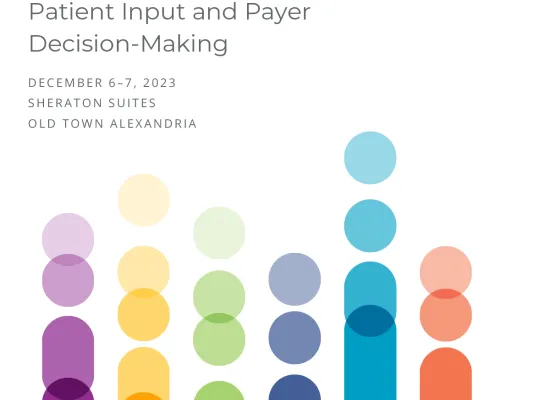

Latest News & Resources
Sponsored webinar that provided an overview of the ATTR amyloidosis disease subtypes, pathophysiology of disease, and the varying clinical presentations, including nonspecific symptoms that should raise suspicion of and aid in diagnosis of the disease.
Sponsored webinar that defined population health, provided an overview of drivers and steps to integrating population health into practice.
Sponsored webinar that discussed a new strategy for avoiding waste and improving response for highest cost therapies used in managing rheumatoid arthritis.
Sponsored webinar that discussed a new strategy for avoiding waste and improving response for highest cost therapies used in managing rheumatoid arthritis.
Sponsored webinar that reviewed the recommended asthma tools for assessment and management, as well as pharmacotherapy considerations to improve risk management and control.
Sponsored webinar that reviewed the Global Initiative for Obstructive Disease (GOLD) 2020 report that states COPD is a treatable disease and highlights two specific treatable traits, which may impact various areas of disease burden.
AMCP webinar that reviewed a summary of discussions from this summit.
Sponsored webinar that reported on real-world data supporting compliance with Global Initiative for Chronic Obstructive Lung Disease (GOLD) recommendations and how it can be used to help you navigate management of your COPD population.
Sponsored webinar that reported on real-world data supporting compliance with Global Initiative for Chronic Obstructive Lung Disease (GOLD) recommendations and how it can be used to help you navigate management of your COPD population.
Sponsored webinar that discussed novel strategies to manage recurrent hyperkalemia.
Sponsored webinar that discussed novel strategies to manage recurrent hyperkalemia.
Sponsored webinar that provided an overview of MCL, current unmet treatment needs, and the role of a second-generation BTK inhibitor in MCL treatment.
